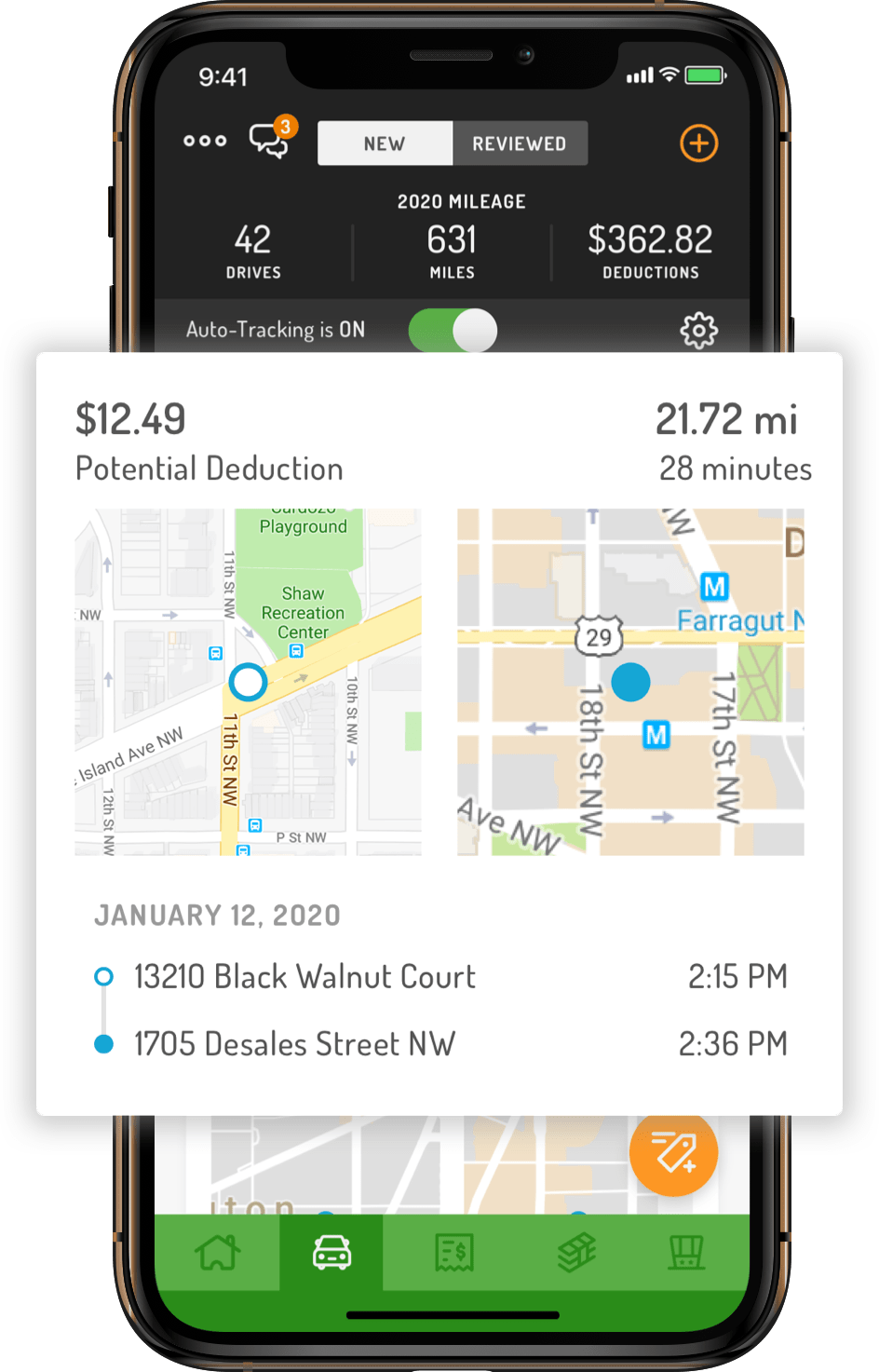Transform your platform with Hurdlr's embedded, white-labeled Accounting API. Elevate your financial management capabilities, offering users a seamless experience that goes beyond mere number crunching to strategic financial insights, all in real-time.

An Accounting API is the key for small business platforms, cutting-edge fintech apps, and virtual bookkeepers aiming to deliver top-tier financial services. With the increasing demand for integrated financial solutions, an advanced Accounting API provides a competitive edge.
While building an accounting system in-house or opting for generic solutions, like QuickBooks or Xero, might seem tempting, they come with hidden complexities and limitations. Integrating Hurdlr's Accounting API eliminates the need to develop complex accounting infrastructure from scratch. It not only speeds up your launch timeline but also ensures a reliable, comprehensive, and user-friendly experience for your clients. Say goodbye to the limitations of generic solutions and offer a unified platform that caters to both small business end-users and virtual bookkeepers, with tailored experiences for each.
With Hurdlr, you're not just implementing an API; you're adopting a vision. A vision that prioritizes ease of use, adaptability, and strategic financial management. Your clients benefit from real-time insights, ease of use, and advanced reporting, while you enjoy the growth and revenue opportunities it brings.
Dive into the future of financial management with Hurdlr's Accounting API.





Automatically handle financial transactions, reducing manual entry and the risk of errors. Streamline processes like invoicing, expense tracking, and payroll.
Access financial data in real-time, providing businesses and their clients with up-to-date insights. Instantly reflect changes, ensuring that all stakeholders work with the most recent data.
As a business grows, the API can handle increased transaction volumes without requiring major system overhauls. Easily integrate new features or modules as the need arises.
Reduce the expenses and time involved in developing an in-house accounting system from scratch. Avoid the costs of maintaining, updating, and troubleshooting a proprietary system.
Seamlessly integrate with other business software, such as CRM, ERP, or e-commerce platforms. Enable data flow between systems, enhancing overall business efficiency.
Tailor the API to fit specific business needs and workflows. Adapt to different industry standards and regulations.
Benefit from the security protocols and measures implemented by established API providers. Ensure data protection and compliance with financial regulations.
Leverage features like double-entry accounting, real-time financial reporting, and advanced analytics without building them from scratch. Stay competitive with features that might be complex to develop in-house. Benefit from the security protocols and measures implemented by established API providers. Ensure data protection and compliance with financial regulations.
Benefit from regular updates, new features, and improvements without the need for in-house development. Stay updated with the latest financial regulations and industry best practices.
Gain access to comprehensive documentation, developer resources, and support from the API provider. Ensure smoother integration and troubleshooting.
Rapidly integrate and launch financial features or services, giving businesses a competitive edge. Focus on core business functions while leveraging the API for accounting needs.
Automated accrual basis or cash basis accounting in the background for every financial transaction. Users do not need to interact directly with the General Ledger.
Best practice chart of accounts based on the user’s business type. Fully customizable, with real-time Balance Sheet.
Full visibility and modifiability of double-entry transactions for advanced users and accountants. Dynamically switch between accrual and cash basis, depending on the business’s needs.
Centralized portal for professionals to access client reports and accounts. Swift periodic bank reconciliations and creation of new client accounts.
Comprehensive financial reporting, including Income Statement, Balance Sheet, Cash Flow Statement, Aged Accounts Receivable, and Trial Balance.
Adapt the API to specific business needs and brand identity.
Manage access-level of accountants, including per-user read and/or write capabilities.
Full audit history of all modifications made by users and accountants.
Support for over 10,000 U.S. banks including both large popular options as well as many small local institutions. Hurdlr also supports many Canadian banks - both large and small.

In today's digital-first environment, virtual bookkeeping is not just a service; it's a cornerstone for businesses seeking financial clarity without the overhead of traditional accounting firms. For those in this domain, especially businesses managing the finances of over one thousand small businesses, the tools you employ can be the difference between operational efficiency and chaotic management.
Many virtual bookkeeping companies find themselves tethered to platforms like QuickBooks or Xero. While these tools are commendable in their own right, they come with limitations, especially for businesses aiming for a fully branded, seamless experience. Enter Hurdlr - a platform designed to empower, not just support.